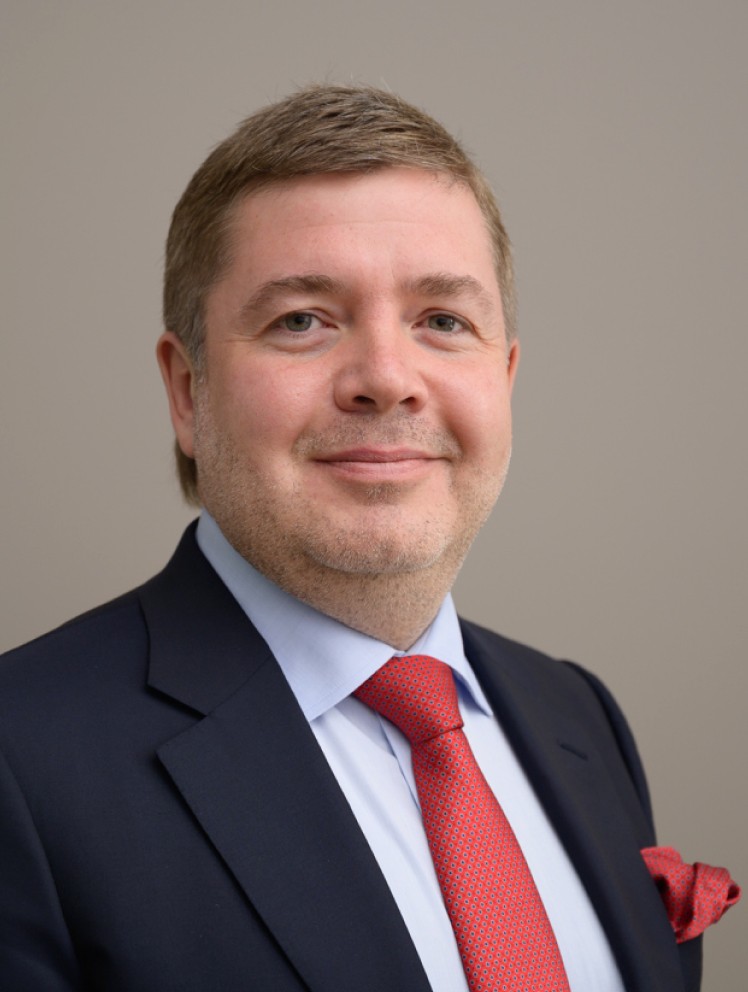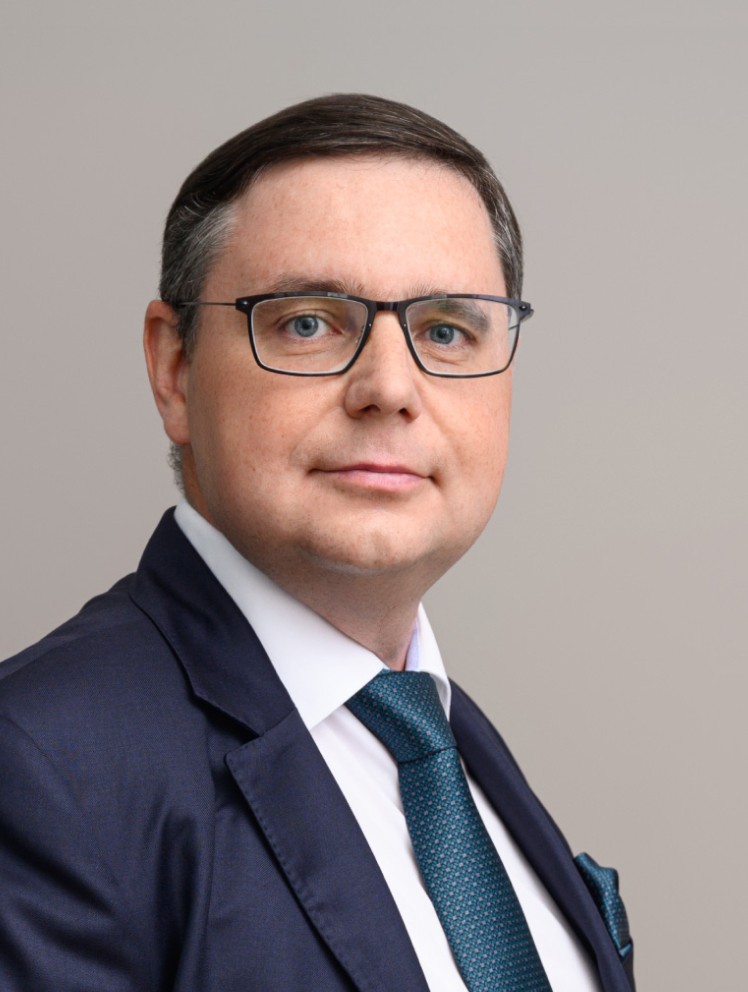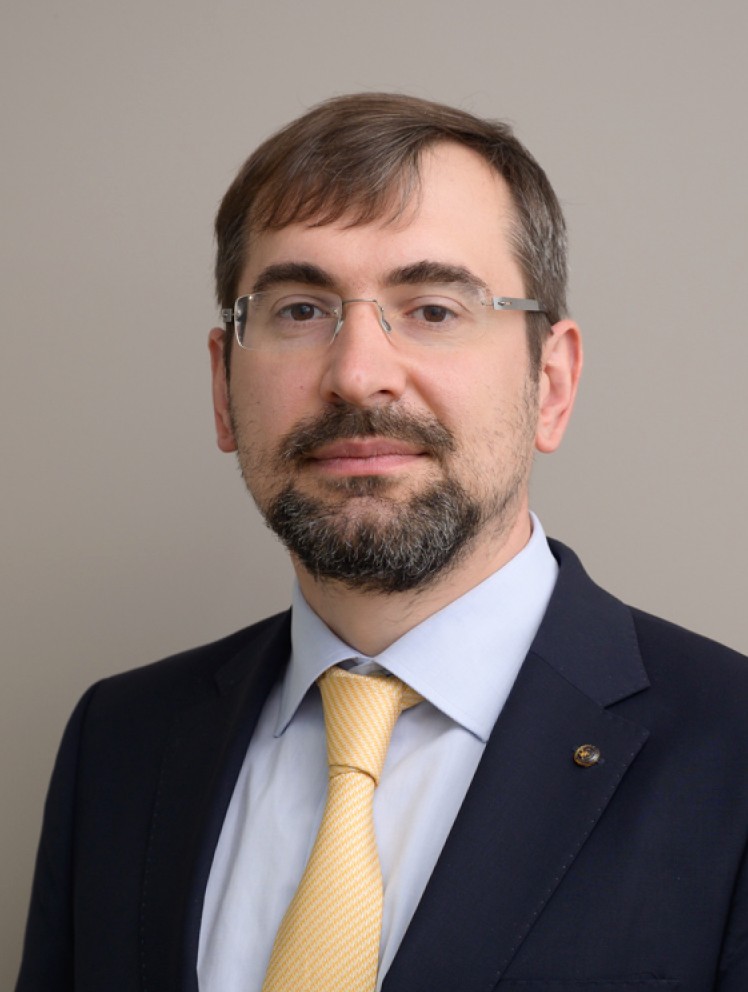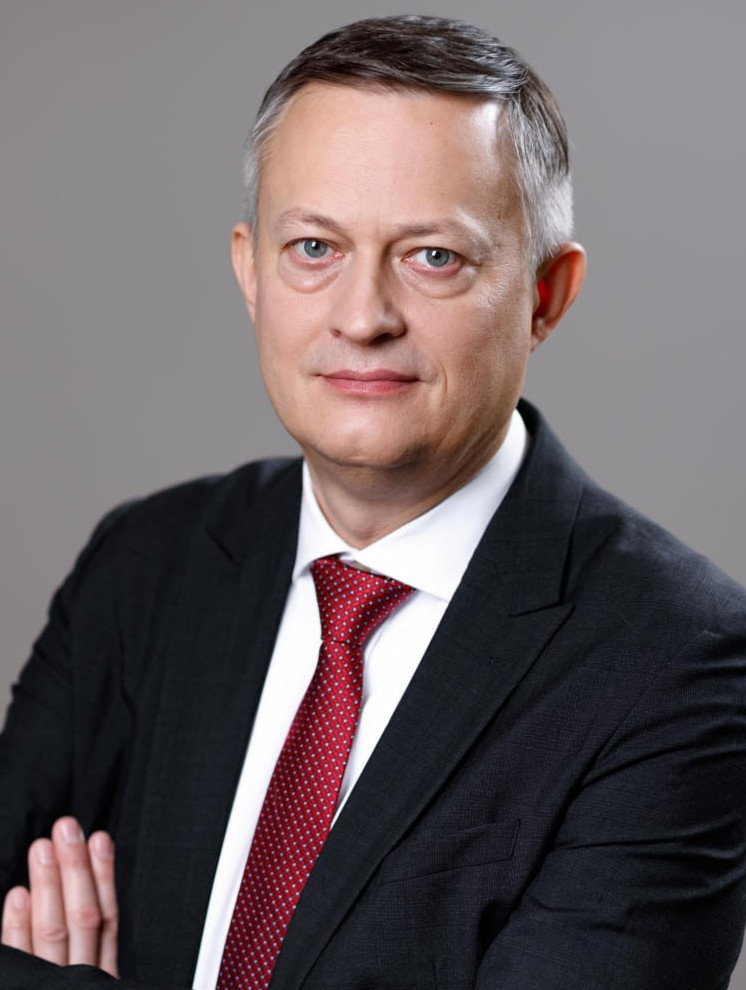About the firm
ART DE LEX is a national law firm providing legal advice and consultation to Russian and foreign companies. We offer a wide range of legal services to business, state-related entities, and private individuals. Working across the Russian Federation and around the world, we take an individual approach to each client and matter, with strict confidentiality, to deliver the optimal methods to address the most challenging legal issues. Moreover, we always stand by the quality of the services that we deliver.
We’ve assembled a firm of top-tier specialists, united by the ideals of our long-term collaboration in the consistent delivery of high-caliber professional services. We’re a strong, stable team of professional jurists and specialists in the field of economics and finance, formed over the course of the last 17 years. All of our partners and practice-area heads have recognized professional expertise and successful experience working in fields such as litigation and arbitration, restructuring and bankruptcy, antimonopoly regulation, international economic compliance, real estate and construction, business criminal law, distressed asset management, corporate law, mergers and acquisitions, natural resources and energy, and banking law and finance.
The firm’s expertise and practical approach have been recognized and recommended by the leading foreign and Russian law-firm rankings directories: The Legal 500, Chambers Europe, Pravo-300, Best Lawyers, IFLR1000, Kommersant.
A broad network of foreign partners – including the leading law firms in the jurisdictions that are most relevant to Russian business interests – makes it possible to represent our clients’ diverse interests in multiple countries. The firm operates a specialized section offering legal support for South Korean investors doing business in Russia and Russian investors doing business in South Korea – the South Korea Desk. We’re also developing another international section – the Turkish Desk – to focus on the legal needs of the growing number of Turkish companies doing business in Russia and Russian companies doing business in Turkey.
Legal support for cultural and socially significant initiatives occupies an important place in the firm’s practice. In 2012, ART DE LEX helped to prevent the threatened loss of 20 cultural heritage sites of federal and local significance, including those recognized by UNESCO as World Heritage Sites. We provided legal support within the scope of a state program for the development and reconstruction of the Solovetsky Islands and the creation of the Solovetsky Monastery Foundation.
Areas of expertise
Key contacts
Story
Professional achievements
The professional competencies of ART DE LEX have been repeatedly confirmed by leading foreign and Russian ratings of law firms.








